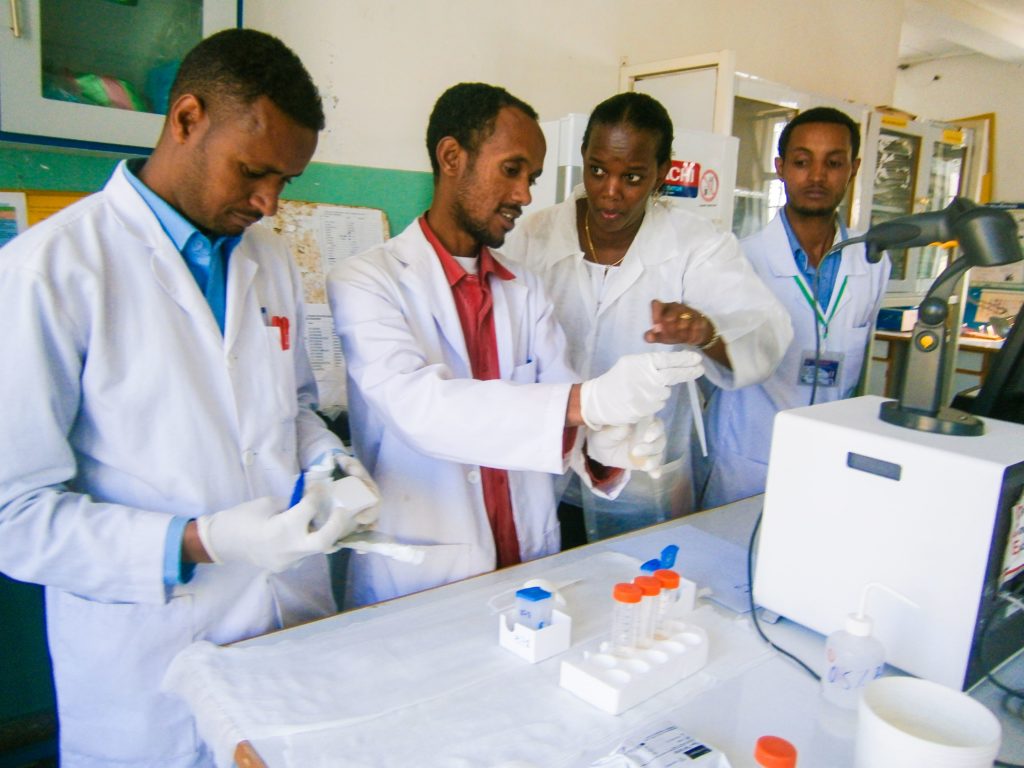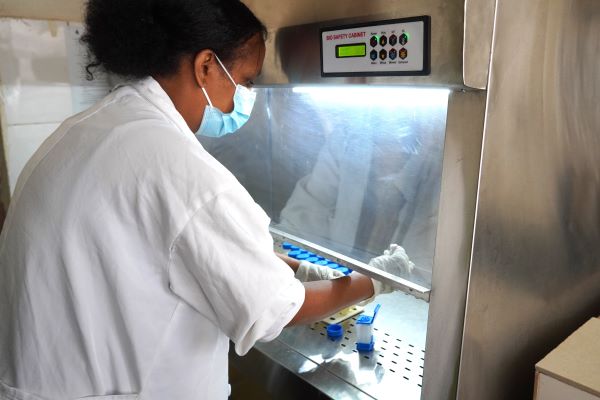TB FSI: Creating a Picture of Viable Funding for TB
TB FSI: Creating a Picture of Viable Funding for TB

Behind every campaign to control or eradicate a dangerous infectious disease is the reality of how the health services will be paid for, and whether the financing is available and for how long. This is certainly true for tuberculosis (TB), especially as many of the countries that suffer from the highest burdens of TB committed to expand resources to eliminate the disease at the United Nation’s General Assembly in September 2023.
To complicate matters further for health sector decision-makers, as countries approach middle-income status, international donors like the Global Fund begin to reduce support and countries will start to find it difficult to plan and fund TB services. Recognition of this looming gap and countries’ preparedness to address it is mixed. Led by Management Sciences for Health (MSH) in partnership with Open Development, USAID’s Health Systems for TB (HS4TB) project is dedicated to helping high-burden TB countries tackle this financing challenge with sustainable, locally led financing and governance strategies.
One such strategy to help countries examine the future viability of their TB funding is the TB Financial Sustainability Index (TB FSI). The TB FSI is a self-assessment tool to help a country identify both its challenges and opportunities for sustainably financing efforts to end TB.

The TB FSI implementation process investigates and scores the core elements of sustainable financing for TB, examining planning, mobilizing, budgeting, and spending of domestic government resources for TB. It measures whether domestic TB resources are growing, and if the country’s approach encourages efficient use of its TB resources and promotes equity and financial access.
“We took advantage of global best practices and guidance when designing the tool. The TB FSI applies financing concepts to TB service delivery and provides the TB community with a complete overview of their financing situation,” said Saba Waseem, Senior Technical Director with MSH on the HS4TB project.
The HS4TB project piloted and refined the TB FSI in Ethiopia and the Philippines, and further tested it in the Kyrgyz Republic. The national TB programs in these three countries were encouraged to suggest new or alternate indicators that would be more useful for them, and to ensure that the TB FSI would support them toward best practices for sustainable TB financing.
As of August 2024, eight countries have signed up to use the TB FSI: Bangladesh, Cambodia, Malawi, Nigeria, Tanzania, South Africa, Vietnam, and Zimbabwe. These countries are currently in various stages of preparation, data gathering and interviews to score each section of the tool. When complete (the whole process takes about two months), the TB FSI results will help countries identify the gaps in the areas of efficient planning and budgeting cycle, efficient use of resources, sustainable financing, and financial protection. The countries will develop an action plan that identifies priority actions necessary to address the identified gaps.
HS4TB will produce a global report summarizing the key findings across countries, and will share TB FSI, guidance documents, and capacity building course materials as a resource to support financial sustainability globally and make further progress toward ending TB. Other countries may be invited to take part in the TB FSI in the near future.